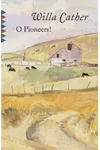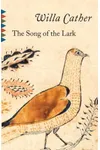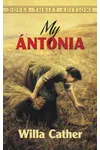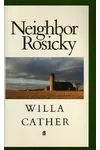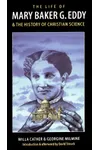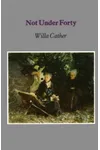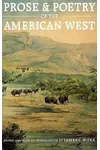Picture an American storyteller who painted the Great Plains with words, capturing the heart of frontier life—meet Willa Cather! Born in 1873, this Pulitzer Prize-winning author wove tales of settlers and immigrants, drawing from her Nebraska roots. Her novels, like My Ántonia and O Pioneers!, blend evocative prose with raw human struggle, making her a literary legend.
Cather’s ability to transform dusty prairies into vivid narratives set her apart. Her stories aren’t just books—they’re time machines to an era of grit and dreams. Ready to step into her world? Let’s explore the life and legacy of this remarkable writer.
The Making of Willa Cather
Willa Cather was born in Virginia’s Shenandoah Valley, but at nine, her family uprooted to Nebraska’s vast plains. The shift from lush hills to rugged prairies shaped her young mind, planting seeds for her future stories. Surrounded by immigrant farmers—Czechs, Swedes, and Germans—she soaked up their tales of hardship and hope. After studying at the University of Nebraska, Cather kicked off her career as a journalist and teacher, sharpening her knack for observation.
Her early years weren’t all smooth sailing. Balancing writing with demanding jobs, she honed her craft through short stories and reviews. By her 30s, she was ready to trade newsrooms for novels, channeling her love for the land and its people into fiction that felt achingly real.
Willa Cather’s Unforgettable Stories
Cather’s novels are like love letters to the American frontier, blending stark realism with poetic beauty. O Pioneers! (1913) follows Alexandra Bergson, a Swedish-American farmer battling Nebraska’s unforgiving soil to build a legacy. It’s a story of resilience, rooted in Cather’s admiration for the immigrants she grew up with. My Ántonia (1918), her masterpiece, traces the life of Ántonia Shimerda, a Bohemian girl whose spirit shines through poverty and loss. Readers fell for its vivid landscapes and heartfelt characters.
Other gems include The Song of the Lark (1915), which explores a young woman’s journey to become an opera singer, and Death Comes for the Archbishop (1927), a meditative tale of faith in New Mexico’s deserts. Cather’s style—spare yet lyrical—captures the quiet strength of her characters and the land they tame. Her themes of perseverance, identity, and connection to place resonate across generations.
What sets Cather apart? She didn’t just write about the frontier; she made it feel alive. Her prose dances between grit and grace, turning ordinary lives into epic sagas. Whether it’s a farmer’s toil or a girl’s dreams, Cather’s stories hit home.
Why Willa Cather Matters
Willa Cather’s work gave voice to the American heartland, immortalizing its people and their struggles. Her novels shaped literary realism, influencing writers who followed. Winning the Pulitzer Prize for One of Ours (1922), she proved women could dominate a male-driven literary world. Her focus on immigrants and rural life broadened America’s cultural narrative, celebrating diversity before it was a buzzword.
Today, Cather’s books are studied, cherished, and adapted, keeping her vision alive. Her Nebraska home is a historic site, drawing fans to the plains she loved. She reminds us that stories—especially those of overlooked lives—can change how we see the world.
About Willa Cather
- Born: December 7, 1873, in Gore, Virginia
- Key Works: My Ántonia, O Pioneers!, Death Comes for the Archbishop
- Awards: Pulitzer Prize for One of Ours (1923)
- Died: April 24, 1947, in New York City
Snag My Ántonia and dive into Willa Cather’s soulful, sweeping world of the American frontier!
